Hey there, bird enthusiasts! Did you know that some bird seed mixes contain over 20 different types of seeds? That’s right, it’s like a smorgasbord for our feathered friends! But, before you dive headfirst into the world of bird seed, it’s important to understand the pros and cons of using bird seed mixes versus single seed types. In this blog post, we’re going to break it all down for you, so you can make the best choice for your beloved birds. So, grab a cup of coffee (or tea, we don’t judge) and let’s get started!
Top Picks for Happy and Healthy Birds: Bestselling Bird Seed



What are bird seed mixes?
Bird seed mixes are a popular choice among bird enthusiasts and backyard birdwatchers. These blends of various seeds and grains are carefully designed to attract a wide variety of birds to your feeders. In this section, we will delve into the composition of bird seed mixes and explain why they are an excellent choice for attracting feathered friends to your yard.
![No-Till Cover Crop 13-Seed Mix (½-lb): [50% Clovers Plus Fenugreek, Vetch, Flax, Cowpeas, Buckwheat, Forage Peas, Millet, Lentils, Crimson Clover, Sweet Yellow Clover, White Clover, Medium Red Clover]](https://m.media-amazon.com/images/I/91CqSvgn3XL._SS520_.jpg)

Composition of Bird Seed Mixes
Bird seed mixes are typically made up of a combination of seeds, grains, and sometimes nuts or dried fruits. The specific ingredients may vary depending on the brand or product, but there are some common components you will likely find in most bird seed mixes:
- Sunflower Seeds: Sunflower seeds are a staple ingredient in bird seed mixes. They are high in fat and provide a good source of energy for birds. Black oil sunflower seeds are particularly popular as they have a thin shell that is easy for most birds to crack.
- Millet: Millet is another common seed found in bird seed mixes. It is small and round, making it easy for birds to eat. Millet is especially favored by ground-feeding birds like sparrows and doves.
- Nyjer (Thistle) Seeds: Nyjer seeds are tiny black seeds that come from a flowering plant called the thistle. These seeds are highly nutritious and are particularly attractive to finches, such as goldfinches and siskins.
- Cracked Corn: Cracked corn is a favorite among ground-feeding birds like quails, doves, and sparrows. It provides them with essential carbohydrates and is a great source of energy.
- Other Ingredients: Depending on the specific bird seed mix, you may find additional ingredients such as peanuts, safflower seeds, oats, dried fruits, or suet. These ingredients add variety and cater to the preferences of different bird species.
Benefits of Bird Seed Mixes
Bird seed mixes offer several benefits that make them a popular choice for bird feeding. Here are some key advantages to consider:
- Attract a Variety of Birds: By offering a blend of different seeds and grains, bird seed mixes can attract a wide range of bird species to your feeders. This ensures that you’ll have a diverse and exciting array of birds visiting your yard.
- Nutritional Variety: Various seeds and grains in bird seed mixes provide a well-rounded diet for birds, offering a good balance of proteins, fats, and carbohydrates. This variety helps to meet the nutritional needs of different bird species.
- Economical: Bird seed mixes are often more cost-effective than buying individual bags of different seed types. They offer a convenient way to attract multiple bird species without the need for separate feeders or multiple seed types.
- Convenience: Many bird seed mixes come in ready-to-use packages, making it easy to fill your feeders and start attracting birds immediately. This convenience is ideal for both experienced birdwatchers and beginners alike.
Choosing the Right Bird Seed Mix
When selecting a bird seed mix, consider the types of birds you want to attract and their preferences. It’s also important to check the ingredients to ensure they align with the dietary needs of the birds in your area. Here are some additional factors to consider:
- Quality: Look for high-quality bird seed mixes from reputable brands. Quality mixes are less likely to contain fillers or unwanted additives and are more likely to attract a greater variety of birds.
- Freshness: Check the packaging date to ensure the bird seed mix is fresh. Fresh seed is more appealing to birds and ensures they receive optimal nutrition.
- Feeder Type: Consider the type of feeder you have and whether the bird seed mix is suitable for it. Some bird seed mixes are designed specifically for certain feeders, such as tube or platform feeders.
In conclusion, bird seed mixes are a fantastic way to attract a diverse range of birds to your yard. With their carefully selected blend of seeds and grains, they provide a balanced and nutritious diet for our feathered friends. By choosing the right mix, you can create a vibrant and lively bird haven right in your own backyard.
Advantages of Bird Seed Mixes
Bird seed mixes are a popular choice among bird enthusiasts and for good reason. They offer several advantages that make them a great option for attracting and feeding a diverse range of bird species. In this article, we will explore these benefits and why bird seed mixes are a must-have for any backyard bird feeder.



1. Diverse Range of Nutrients
One of the major advantages of bird seed mixes is that they provide a diverse range of nutrients. Different bird species have different dietary needs, and a single type of seed may not be sufficient to meet all of their requirements. By using a mix of various seeds, you can ensure that a wide variety of birds can find suitable food sources in your backyard.
A high-quality bird seed mix typically includes a combination of seeds such as black oil sunflower, millet, nyjer, safflower, and cracked corn. Each of these seeds offers unique nutritional benefits, including essential fats, proteins, carbohydrates, and vitamins. This variety ensures that birds can find the nutrients they need to stay healthy and thrive.
2. Attract a Larger Number of Birds
Using a bird seed mix can attract a larger number of bird species to your backyard. Different birds are attracted to different types of seeds, so offering a mix increases the chances of attracting a wide variety of species. This not only adds to the beauty and diversity of your backyard but also provides you with more opportunities to observe and enjoy different bird behaviors.
For example, black oil sunflower seeds are loved by many species, including cardinals, chickadees, and finches. Nyjer seeds, on the other hand, are a favorite of finches and siskins. By offering a mix that includes both of these seeds, you can attract a larger number of these beautiful birds to your feeder.
3. Cost-Effective
Bird seed mixes are a cost-effective option for feeding birds in your backyard. Instead of buying multiple types of seeds separately, a mix allows you to provide a variety of food sources in a single package. This not only saves you money but also eliminates the hassle of storing and managing multiple seed varieties.
Moreover, bird seed mixes are often available in different sizes, allowing you to choose the quantity that meets your needs. Whether you have a small backyard feeder or a large bird sanctuary, there is a size option that suits your requirements and budget.
4. Easy to Use
Using bird seed mixes is incredibly easy. Simply fill your bird feeder with the mix and watch as the birds flock to enjoy the nutritious feast. Many seed mixes are designed to be compatible with various types of feeders, including tube feeders, platform feeders, and hopper feeders. This versatility ensures that you can find a mix that works well with the feeder you already have or the one you plan to purchase.
Additionally, some bird seed mixes are fortified with essential vitamins and minerals, providing an extra boost of nutrition for your feathered friends. This can be particularly beneficial during harsh weather conditions or when natural food sources are scarce.
Disadvantages of bird seed mixes
When it comes to attracting birds to your garden, using bird seed mixes is a popular choice. These blends offer a convenient way to provide a variety of seeds to a wide range of bird species. However, it’s important to be aware of the potential disadvantages that come with using bird seed mixes. In this section, we will explore these drawbacks in detail.
1. Picky Eaters and Seed Wastage
One disadvantage of bird seed mixes is that certain bird species may be picky eaters and prefer specific types of seeds. For example, some birds may have a preference for sunflower seeds, while others may favor millet or nyjer seeds. Using a mix that contains a variety of seeds might lead to wastage if birds only eat certain seeds and leave the rest behind.
To illustrate this point, let’s consider a common bird seed mix that contains sunflower seeds, millet, and cracked corn. If you have a flock of finches visiting your garden, you may notice that they primarily feed on the sunflower seeds, while ignoring the millet and cracked corn. As a result, a significant amount of the mix may go untouched, leading to unnecessary waste.
2. Filler Ingredients
Another potential drawback of bird seed mixes is the inclusion of filler ingredients that are less desirable for birds. These fillers serve to bulk up the mix, reducing the overall cost, but they may not provide the same nutritional value as the main seed ingredients.
For instance, some bird seed mixes may contain large amounts of wheat or corn, which are cheaper fillers. While birds may consume these fillers, they are not as beneficial as other seeds. This can result in birds picking through the mix to find the seeds they prefer, leaving behind the filler ingredients.
Single seed types: advantages and disadvantages
When it comes to feeding birds, using single seed types can have both advantages and disadvantages. In this blog section, we will explore the benefits and drawbacks of using this approach. Whether you are a seasoned bird enthusiast or just starting out, understanding these factors can help you make informed decisions about your bird feeding practices.
Advantages of Single Seed Types
1. Catering to Specific Bird Species
One major advantage of using single seed types is the ability to cater to the specific preferences of certain bird species. Different birds have different dietary needs, and offering their preferred seed can attract them to your feeders. For example:
- Nyjer Seeds for Finches: If you want to attract finches to your backyard, using nyjer seeds can be a great choice. These small, oil-rich seeds are highly favored by finches, especially American Goldfinches and House Finches. By providing nyjer seeds, you increase the chances of attracting these beautiful birds to your feeders.
2. Minimizing Waste
Using single seed types can also help minimize waste. When you offer a specific seed, birds that do not prefer or cannot eat that particular seed are less likely to visit your feeders. This can reduce the amount of seed that goes uneaten and ends up on the ground, potentially attracting unwanted pests.
Disadvantages of Single Seed Types
1. Limited Variety of Birds
While using single seed types can attract specific bird species, it may limit the variety of birds that visit your feeders. Some birds are generalists and can eat a wide range of foods, while others have more specialized diets. By offering only one type of seed, you may miss out on attracting a diverse array of bird species to your backyard.
2. Higher Cost and Maintenance
Using single seed types can result in higher costs and more maintenance compared to using mixed seed blends. Birds have different preferences, and providing multiple seed types in a mix can attract a wider range of species. This can be more cost-effective and require less frequent refilling of feeders compared to using single seed types.
Making Informed Choices
To make the best choices for your bird feeding practices, consider the advantages and disadvantages of using single seed types. Depending on your goals and preferences, you can opt for a single seed type to attract specific bird species or choose a mixed seed blend to cater to a wider variety of birds. Balancing these factors can help you create an inviting bird-friendly environment in your backyard.
Remember, the needs and preferences of birds can vary depending on your location and the time of year. It’s important to research and stay informed about the bird species in your area to provide the most suitable feeding options.
Disclaimer: The specific product examples mentioned in this article are for illustrative purposes only and do not constitute endorsements. Please research and choose products that best suit your needs.
Making the Right Choice for Your Feathered Friends
In conclusion, when deciding between bird seed mixes and single seed types, it’s essential to weigh the pros and cons. Taking into account the specific bird species you want to attract, their preferences, and the potential wastage is crucial. Many experts suggest offering a combination of both options to accommodate different birds’ needs. By experimenting with different blends and observing the birds that visit your feeders, you can find the best solution for you and your feathered friends. Happy birdwatching!
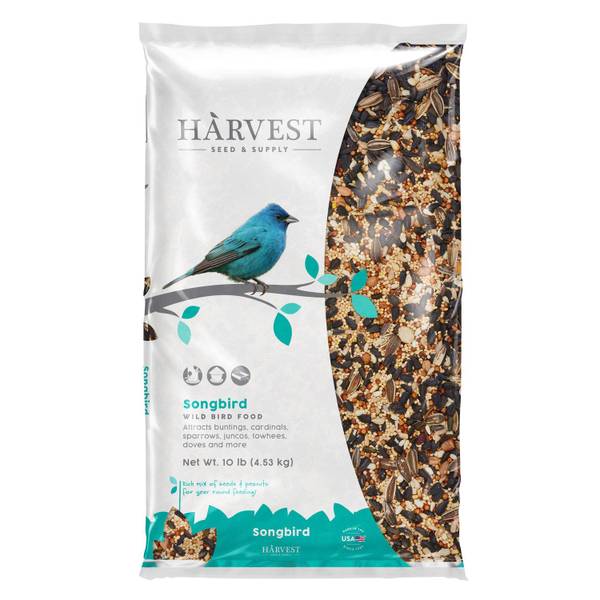
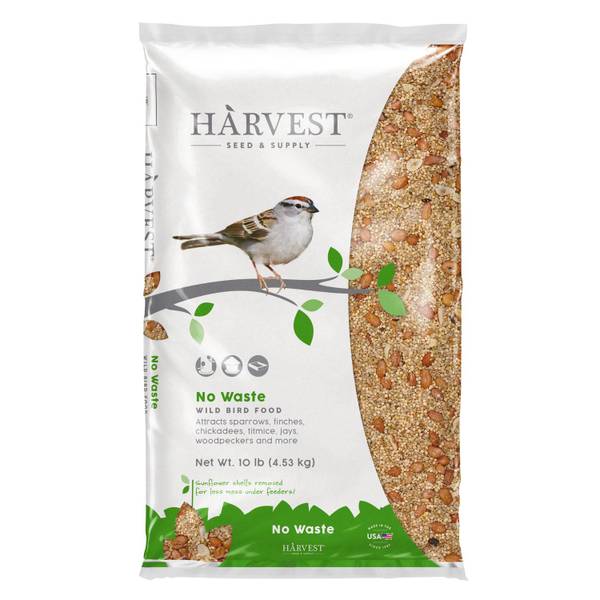
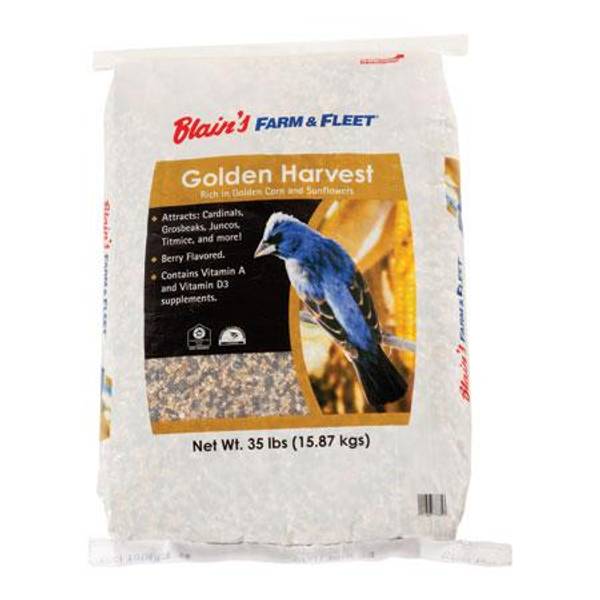
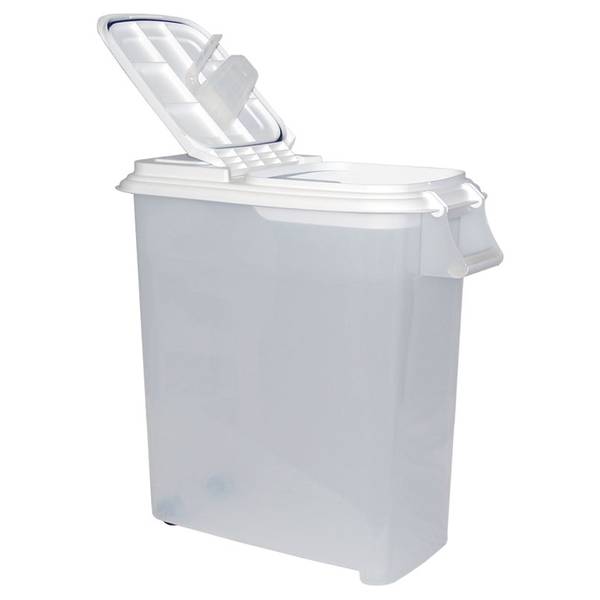


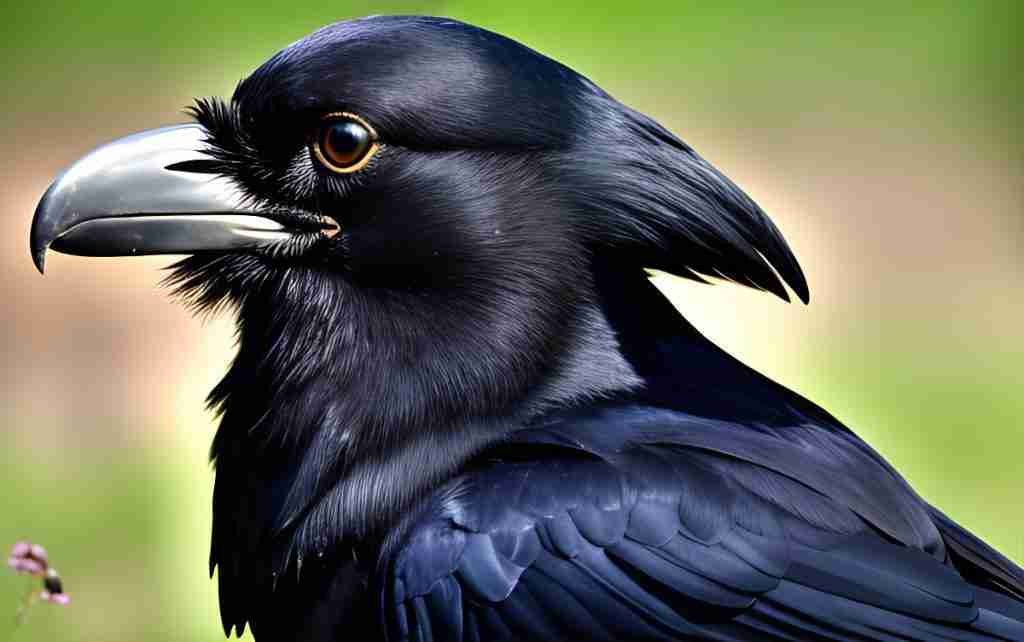
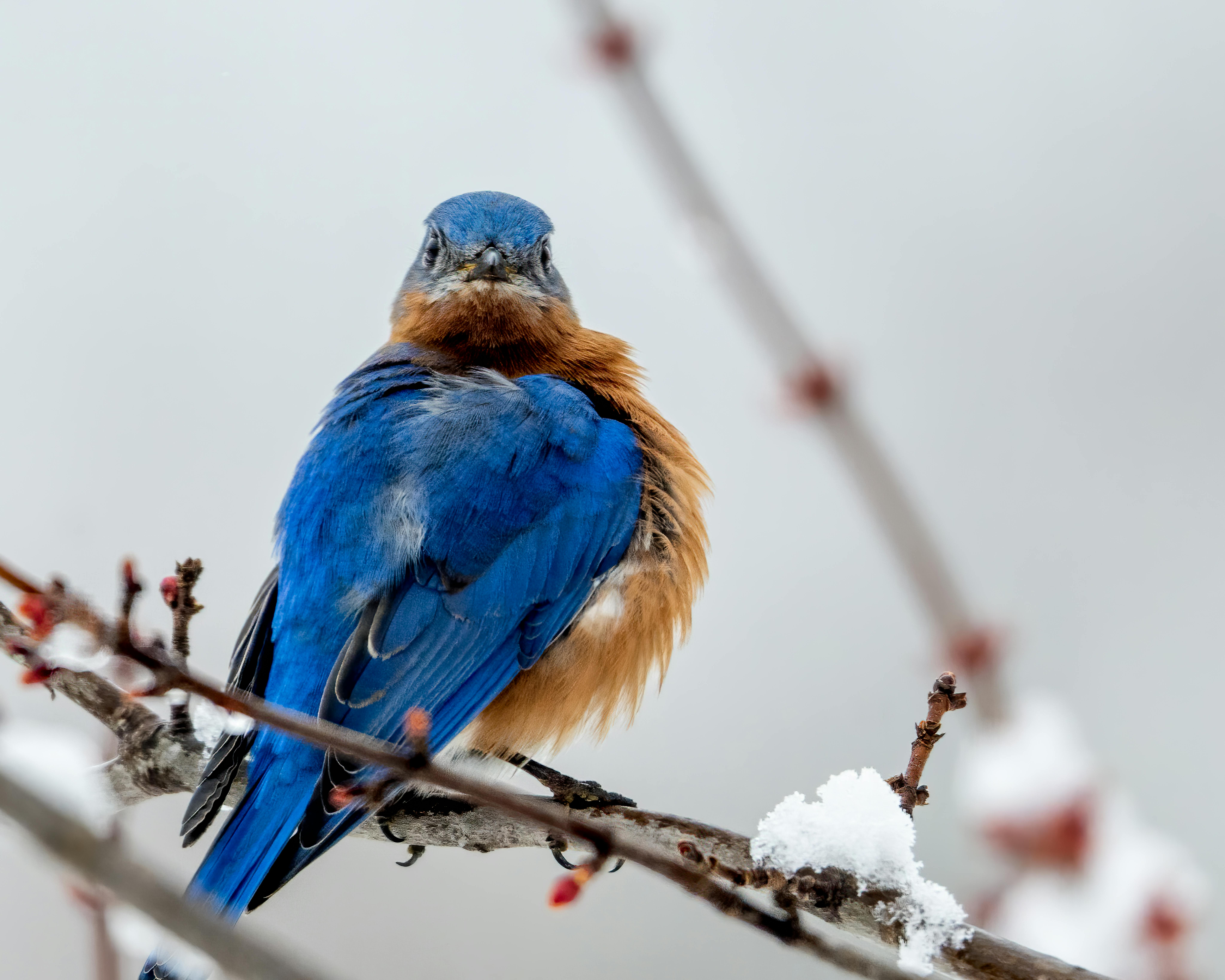
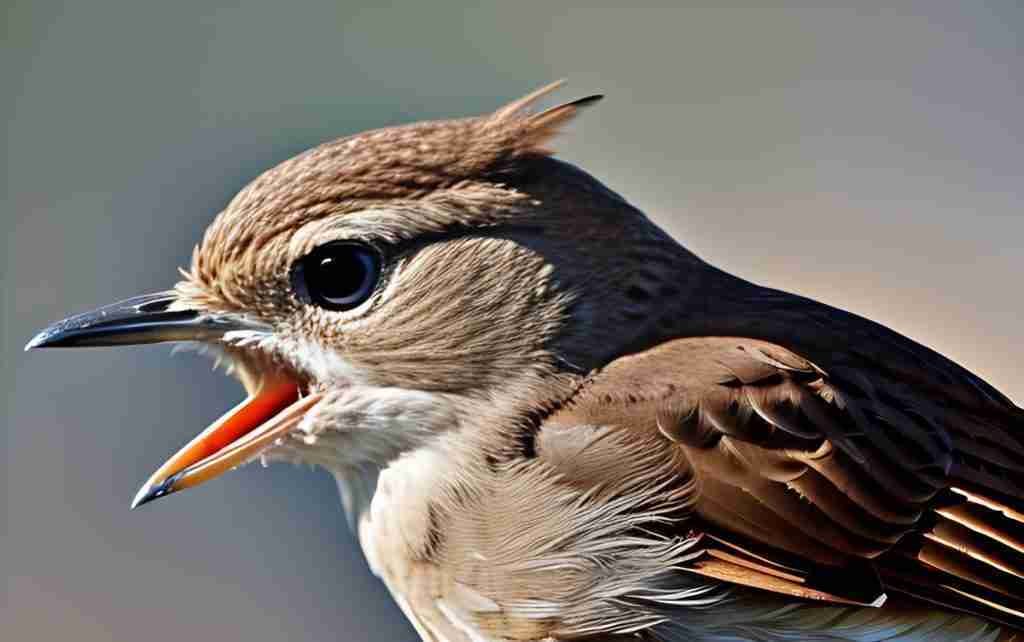
I found this article very informative. It clearly outlines the benefits and drawbacks of using bird seed mixes versus single seed types.
I have tried using single seed types in the past, and while they can be cheaper, I found that they attracted fewer bird species compared to seed mixes.
I have been using bird seed mixes for years and have found them to be a convenient option. It’s great to have a variety of seeds in one mix.
It’s interesting to read about the nutritional benefits of different seed types mentioned in the article. I will keep that in mind when choosing bird seed.
I appreciate the balanced approach of this article in presenting both the pros and cons of using bird seed mixes and single seed types. It has given me a clearer understanding of which option might be best for me.
I agree with the point made in the article that bird seed mixes can attract a wider range of bird species. It adds to the diversity of birds visiting my garden.